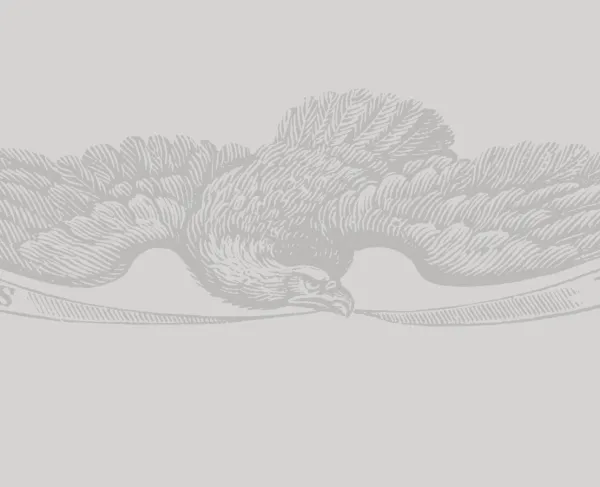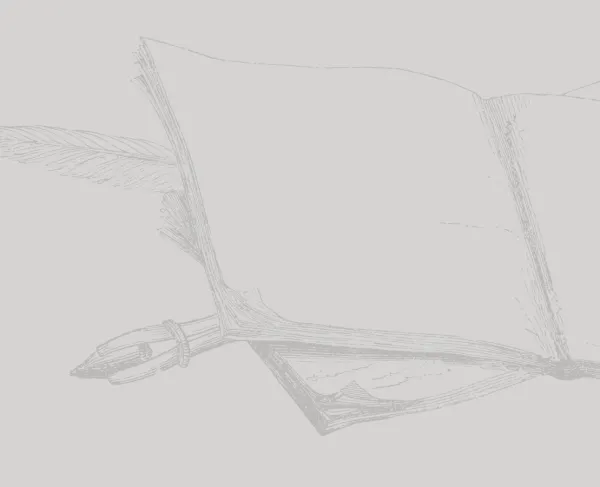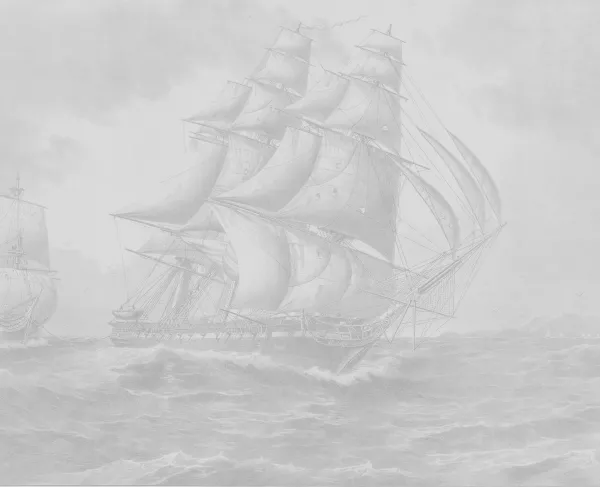War of 1812: "The shot strike the frigates in several instances, when every heart was gladden[ed]"

Private Isaac Munroe was a member of Nicholson's Baltimore Fencibles during the Battle of Fort McHenry. He founded the "Baltimore Patriot and Evening Advertiser" newspaper in 1813. This letter describing the bombardment was sent to the editor of "The Boston Yankee" three days later, on September 17, 1814, and went on to be published in newspapers.
I will give you an account of the approach of the enemy before this place, so far as it came under my own observation.
On Saturday last and the day previous, we had intelligence that the enemy had collected all his force, to the amount of 47 sail, and were proceeding down the bay, consequently we were led to hope we should have a little rest from our incessant labors, in preparing to resist them.
On Saturday-noon Major Armistead, the commander of Fort McHenry, permitted Chief Justice Nicholson who commands a volunteer corps of 80 men, to march to town, holding ourselves in readiness to return the instant he thought prudent to call. As it turned out, while we were marching to town, the enemy tacked about and just at dusk, were seen under a press of sail, with a fair wind, approaching the town. Their movements were closely watched at the Fort, and at half past 9 o'clock, Judge Nicholson received orders to repair to the Fort with his men. We were all immediately rallied at the Fort before 12, although the rain poured down in torrents.
On our arrival we found the matches burning, the furnaces heated and vomiting red shot, and ever thing ready for a gallant defense. At this time the enemy had arrived as far up as North Point, 12 miles below the Fort. We remained at our post till day-light at which time the enemy remained at the same place, some at anchor, and others under steady sail, laying off and on. They continued this kind of movement all day on Sunday.
During the preceding night, and the forepart of Monday, they were hastily employed in landing their troops, but all was quiet on the part of the Naval operation against the Fort, til Tuesday morning at which time had advanced to within two and a half miles of the Fort, arranged in elegant order, all at anchor, forming a half circle, with four bomb vessels and a rocket ship, which was harmless indeed.
These, I am sure, were not intended as an attack upon us, but fired a signal to inform their land troops of their readiness of co-operation. Immediately after their discharges, two of the head small frigates opened upon us, but finding their shot not reaching us, they ceased and advanced up a little nearer.
The moment they had taken their position, Major Armistead mounted the parapet and ordered a battery of 24 pounders to be opened upon them and immediately after, a battery of 42's followed, and then the whole Fort let drive at them. We could see the shot strike the frigates in several instances, when every heart was gladden[ed], and we gave three cheers, the music playing Yankee Doodle. Upon this the frigates stood off, and in five minutes, all lay just out of reach of our shot. The bomb vessels advanced a little and commenced a tremendous bombardment, which lasted all day and all night, with hardly a moments intermission.
Finding our shot would not reach them, the cannonading, which was sublime and enliving, was ordered to be closed. We then resorted to our mortars, and fired six or eight, but sorrowful to relate, they like our shot fell short, owing to their chambers not being so deep, and were reduced to the dreadful alternative, of facing by far the most tremendous bombardment ever known to this enemy, without any means of returning it-upwards of 1500 bombs having fallen in and about the Fort. Fortunately little damage was done.
In our company we had six severely wounded, and two killed. Serjeant Clemm, a young man of most amiable character, gentlemanly manners and real courage, was killed by my side; a bomb bursting over our heads a piece of the size of a dollar, two inches thick, passed through his body in a diagonal direction from his navel, and went into the ground upwards of two feet. It was dug up immediately after, and is preserved by his friends.
Instantly before this, a bomb struck the bastion, then in charge of Lieut. Clagett, our 3rd, which killed him upon the spot, wounded four men, dismounted a 24 pounder, broke the carriage wheel and did considerable damage. This happened on my right, about 25 paces distant. In the whole, we had seven killed in the Fort, and 15 wounded.
From 12 to 1 o'clock in the night, the enemy slackened a little; during which time, a picked party of marines towed up, in a silent manner, a bomb vessel, which got almost in rear of our Fort, unobserved by the look-outs on account of the extreme darkness of the night. After choosing her position, she began on our right, in high stile.
Capt. Evans and Nicholson, were instantly ordered to open their batteries of 24's with grape and cannister, which was immediately followed by Fort Covington, a tight little place one and a half miles above us. The enemy likewise poured in their cannister and grape, but in less than 5 minutes was silenced, and we heard no more of them from that quarter, but the bombardment was kept up from their old position, with intensified fury, til dawn of day, when they appeared to be disposed to decline the unprofitable conflict.
At this time our morning gun was fired, the flag hoisted, Yankee Doodle played, and we all appeared in full view of a formidable and mortified enemy, who calculated upon our surrender in 20 minutes after the commencement of the action.
Source:
Sheads, S.S. (1981). "Yankee Doodle played": A Letter from Baltimore, 1814. Maryland Historical Magazine, Winter, p.380-382. https://archive.org/details/msa_sc_5881_1_305/page/n69/mode/2up





